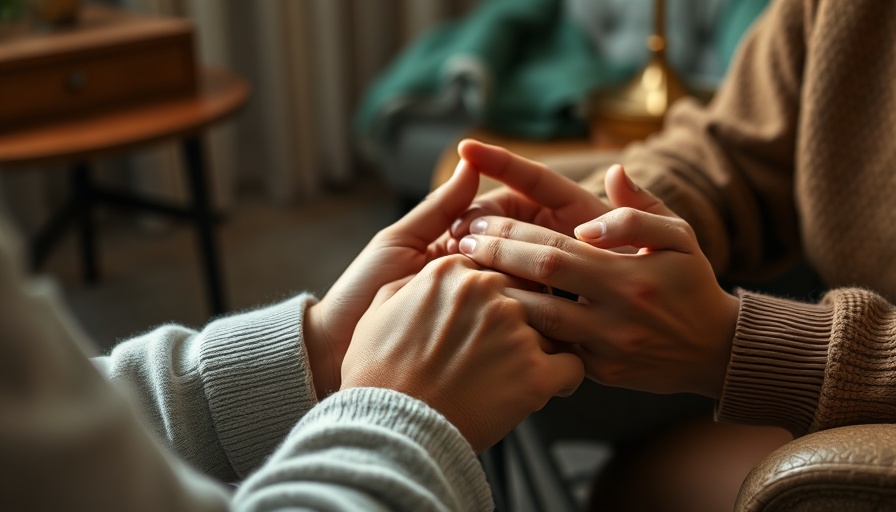
Understanding the Complexities of Falling in Love with Your Psychiatrist
When we enter therapy, it’s often to seek healing and self-discovery. However, many people find themselves navigating unexpected emotions, one of which is attraction towards their psychiatrist. This phenomenon is garnering attention, especially through platforms like TikTok, where personal experiences are amplified into widespread discussions. While the thrill of these feelings might be relatable, the underlying concepts are rooted in psychological principles that deserve exploration.
What is Transference and Why Does It Happen?
At the heart of this emotional entanglement is a psychological concept known as transference. According to Lauren Larkin, a therapist based in New York City, transference occurs when an individual unconsciously redirects feelings from past relationships onto their therapist. Imagine having unresolved issues with a parent; you might perceive the caring attitude of your psychiatrist as an echo of the affection or support you were missing. It brings comfort but can also blur the lines of a professional relationship.
Why Falling for Your Therapist is More Common Than You Think
This connection is not merely about romantic love or desire; it speaks to deeper relational patterns established throughout our lives. Individuals who have felt neglected or lonely often misinterpret their therapists' professional warmth for deeper emotional engagement. This can create a swirling mix of gratitude, dependence, and affection towards someone who is, ultimately, providing a service. Recognizing these feelings can be pivotal in one's healing journey.
Facing the Emotional Challenges: Why Is It Hard to Talk About?
Discussing feelings for a psychiatrist can evoke shame or embarrassment. Many worry about being judged or stigmatized, not only by their therapist but by themselves. Yet, psychologists assert that these feelings are normal and can even be beneficial to discuss in therapy. They can unveil patterns in a patient's relationship dynamics or highlight unhealed emotional wounds, making them an essential aspect of therapeutic exploration.
Boundaries: The Therapist-Patient Relationship
As the conversation around therapist attraction grows, so does the need to establish clear boundaries. Ethical guidelines govern therapist conduct to protect both the client and the therapist. Navigating this relationship responsibly involves understanding that while feelings may arise, a therapist’s role is to facilitate healing without crossing personal lines. Patients should feel empowered to openly communicate about these feelings with their psychiatrist, making it a constructive part of their therapy.
Destigmatizing Attraction: A Path Towards Healing
Sharing experiences of falling for a therapist can also help destigmatize the issue, fostering a community of understanding and compassion. The realization that many others have similar feelings can create a supportive environment in which individuals feel less isolated during their healing process. Forums and groups dedicated to discussing these feelings can provide comfort, sharing strategies to differentiate between genuine emotional connections and transference.
The Takeaway: Understanding Emotional Bonds in Therapy
Falling in love with a psychiatrist is not simply a romantic fantasy; it shines a light on the complexities of emotional bonding in therapeutic relationships. It invites us to explore our past and recognize how it influences our present interactions. By nurturing an understanding of transference, individuals can better navigate these feelings, maintaining clarity in their therapeutic journeys while ensuring their progress towards healing remains the focus.
As you reflect on your therapy experience, consider having open conversations about your emotions with your psychiatrist. This dialogue can facilitate deeper understanding and productivity in your sessions.
 Add Row
Add Row  Add
Add 




Write A Comment